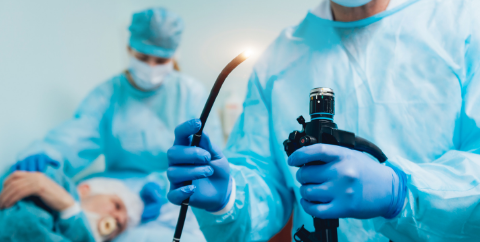Multi-cancer blood tests show promise for earlier cancer detection
11 November, 2025
New research offers an exciting look at the future of cancer screening. A microsimulation study published in the American Cancer Society journal CANCER analyzed the potential impact of a Multi-Cancer Early Detection, or MCED, blood test—often referred to as a liquid biopsy.
The model projected that by incorporating annual MCED testing into standard care for adults aged 50–84, the U.S. could see a significant 45% reduction in stage four cancer diagnoses over a decade. This is crucial because standard screening is currently limited to only a few cancer types. This technology holds potential to detect many cancers that currently lack routine screening guidelines, such as pancreatic, ovarian, and liver cancers, thereby shifting diagnoses to earlier, more treatable stages.
In Nevada, where late-stage diagnosis remains a major challenge in reducing cancer mortality, widespread adoption of new, effective early detection methods like this could be a major step forward for improving survivorship across our communities and reducing the overall burden of cancer in the state.
Read the original research here
This article created with the assistance of AI and edited by NCC staff. This is for informational purposes only. For medical advice or diagnosis, consult a professional.
You May Also Like

New BRFSS data shows Nevada improving in cancer screening
01.29.2026
New data was recently published in the CDC's Behavioral Risk Factor Surveillance System, a phone survey of Americans covering a variety of health

Cancer in Nevada: What the latest national data means for prevention, early detection and survivorship
01.26.2026
Each year, the American Cancer Society releases its annual

A Rising Threat: Early-Onset Colorectal Cancer on the Rise Worldwide
09.03.2025
Colorectal cancer has long been considered a disease of older adults.